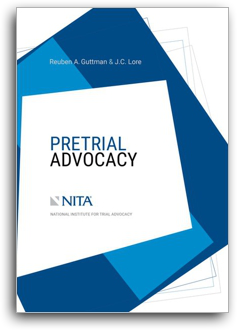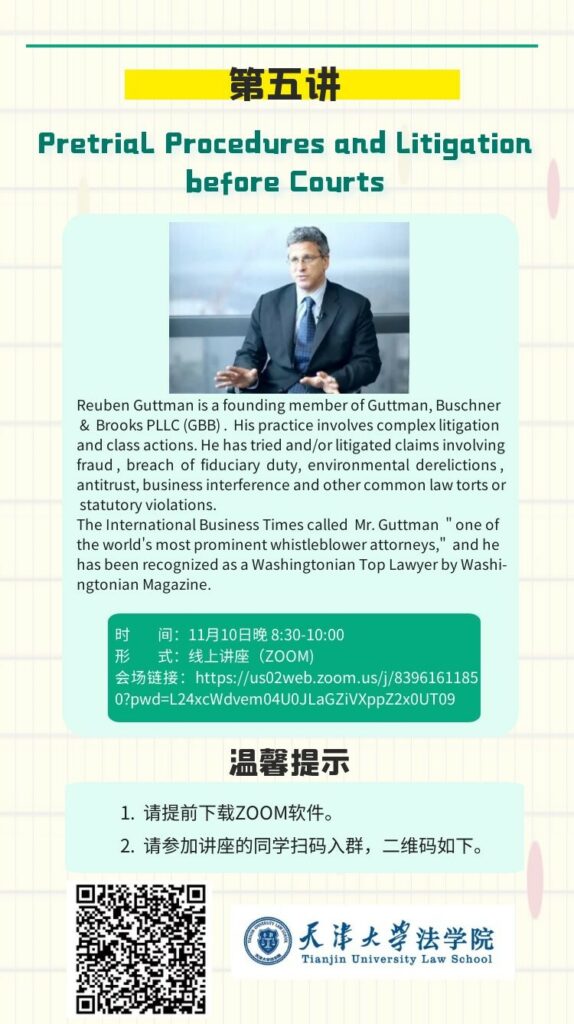Boston Globe, February 18, 2022
Massachusetts General Hospital on Friday agreed to pay $14.6 million to settle a federal lawsuit alleging it fraudulently billed government insurers for surgeries performed by trainees without proper oversight because supervising surgeons were working in another operating room.
The settlement marks the third time since 2019 that the renowned Harvard-affiliated teaching hospital agreed to pay millions of dollars to resolve a claim stemming from the controversial practice known as concurrent surgery, or double-booking, in which surgeons juggle two operations simultaneously. The three out-of-court settlements total $32.7 million.
The latest claim was brought by a former MGH anesthesiologist, Dr. Lisa Wollman, who alleged that at least five orthopedic surgeons regularly kept patients under anesthesia longer than medically necessary — sometimes more than an hour longer — because the doctors were working in two operating rooms. Wollman said she repeatedly witnessed and complained about the practice from 2010 to 2015, when she left MGH and filed a federal whistle-blower suit on behalf of the US and Massachusetts governments.
* * *
Her lawyer, Reuben Guttman, of the Washington, D.C., law firm Guttman, Buschner & Brooks, said Wollman’s suit will help set “a new standard of care in informed consent for overlapping surgeries.”
She sued under the False Claims Act, a federal law passed during the Civil War that enables a private citizen to bring a case on behalf of the federal government for fraud. She will receive about 25 to 30 percent of the settlement, Guttman said, and the rest will go to the federal and state governments.


